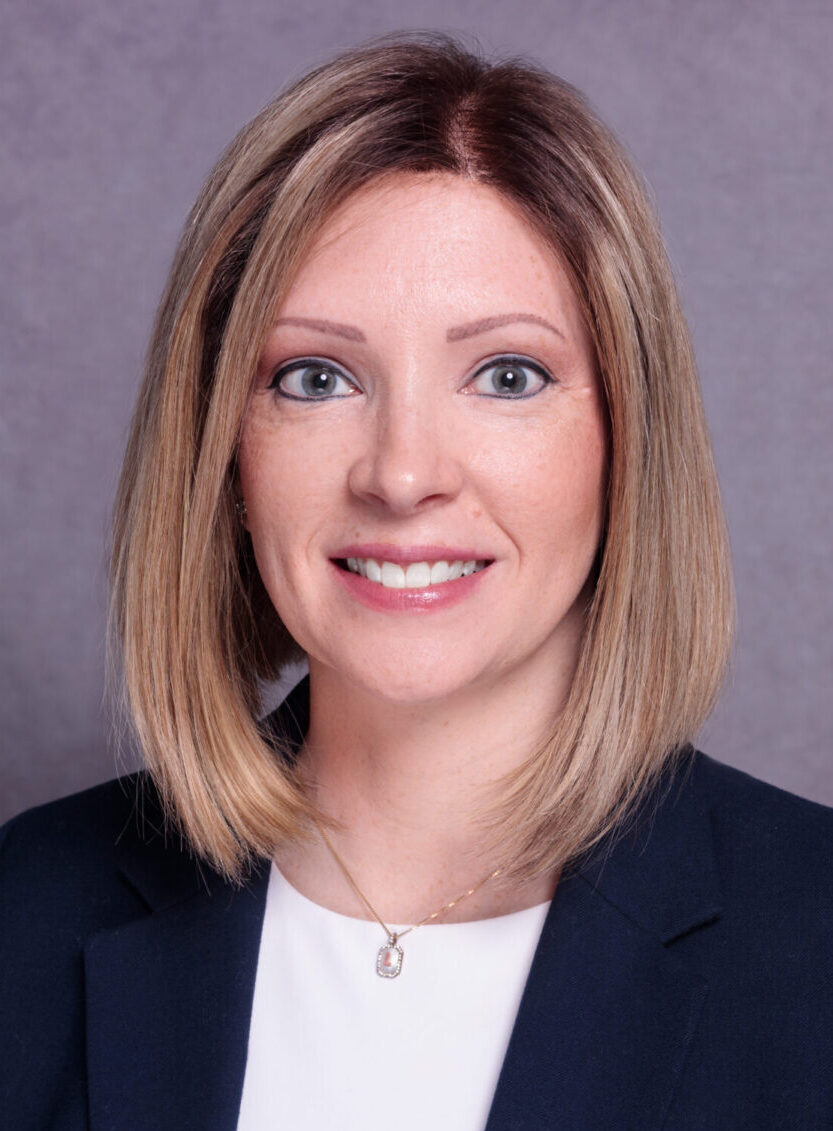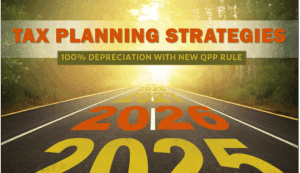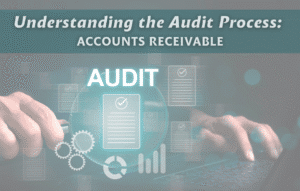In our recent blog post, we provided an overview of controversial changes related to the timing of claiming research tax credits under IRC Section 174. This article reviews the new information requirements for claiming research tax credits under IRC Section 41.
Background on the R&D Tax Credit
Since 1981, the Federal Research and Development (R&D) credit has given organizations an incentive to invest in qualified research and development activities to promote innovation and growth. The R&D credit provides a dollar-for-dollar reduction in a company’s tax liability for certain domestic expenses. Qualifying research expenses (QREs) include costs for design, development or improvement of products, processes, techniques, formulas, inventions or software.
The R&D tax credit is available for all organizations that engage in activities that meet the IRS’s four-part test, which includes:
- Permitted Purpose – activities must be related to developing or improving the functionality, quality, reliability, or performance of a new or existing business component.
- Technological in Nature – the business component’s development must be based on a hard science, such as engineering, physics and chemistry, or the life, biological or computer sciences.
- Elimination of Uncertainty – in the beginning of formation the organization must have faced technological uncertainty when designing or developing the business component.
- Process of Experimentation – the business must have evaluated multiple design alternatives or employed a systematic trial and error approach to overcome the technological uncertainties.
All four parts must be met to qualify for the credit. Businesses can claim the R&D Credit by filing IRS Form 6765, Credit for Increasing Research Activities. As part of the process, companies must identify qualifying expenses and provide adequate documentation that shows how these costs meet the requirements under Internal Revenue Code Section 41.
Chief Counsel Memorandum on Research Credit Claims
In October 2021, the IRS issued Chief Counsel Memorandum 20214101F (CCM) in an attempt to improve tax administration of these credits while reducing the number of disputes over such claims. The CCM clarified instructions for eligible taxpayers, identifying the detailed information that must be provided at the time of an administrative claim for a refund for the Section 41 research credit.
The memorandum mandated that taxpayers who file a claim for a research credit refund must comply with five requirements when the claim for refund is based on an IRC Section 41 research credit from a pass-through entity. These five items include:
- Identify all the business components to which the Section 41 research credit claim relates for that year;
- Identify all research activities performed (by business component);
- Identify all individuals who performed each research activity (by business component);
- Identify all the information each individual sought to discover (by business component);
- Provide the total qualified employee wage expenses, total qualified supply expenses, and total qualified contract research expenses for the claim year.
The CCM also requires that the information provided must be accompanied by a written declaration verifying the facts, signed under the penalties of perjury. In addition, the refund claim must be submitted within the latter of three years of the date the Form 1040 or 1120 was filed, or two years from when the tax was paid to be within the statute of limitations.
Interim Guidance Memorandum
In December 2022, the Office of Chief Counsel released an Interim Guidance Memorandum (IGM), which provided clarifications on the original memorandum and gave taxpayers a 45-day perfection period to address deficient claims through January 9, 2024.
One of the changes made in the IGM was the clarification that a taxpayer does not need to describe the four-part test in detail to explain all research activities performed by business component. Additionally, the memorandum simplifies requirements 2-4, allowing a group of individuals who performed research activities and sought to discover the same information for a business component to be listed together for that single business component with one description of the information they sought to discover.
The updated guidance also modified the timeframe for taxpayers to perfect a research credit claim for refund that was filed timely but deemed deficient due to a failure to provide the minimum criteria. The IGM extended that transition period from 30 to 45 days. Taxpayers who file claims after the transition period ends will not have the opportunity to perfect their claims.
The CCM and IGM provided key practice tips to improve credit claim acceptance by the IRS:
- Taxpayers filing amended research credit refund claims should include sufficient detail to address the criteria set forth in the CCM and IGM to avoid receiving a deficient determination.
- If performing a research credit study, whether for an originally filed or amended return, taxpayers should identify and group QREs by business component.
- To reduce administrative burden of complying with the CCM, taxpayers should attempt to group employees performing similar research activities for one business component together and provide a single description of the information those employees sought to discover.
IRS Updates on R&D Credit Claim for Refunds
In October 2023, the 45-day transition period to perfect a research credit claim for refund prior to the IRS’s final determination was extended for another year, through January 9, 2025 (click here for more details). Claims filed after January 9, 2025, will not have the opportunity to perfect the claim. The IRS also updated the FAQs to provide a best practice example of a claim submission.
If you have questions or need assistance related to a research credit claim or other tax matters, please reach out to your GYF Executive or contact our office at 412-338-9300.
![]() Kathryn Bond assisted with the research and writing of this article.
Kathryn Bond assisted with the research and writing of this article.
She joined GYF’s Tax Group in 2023, following her graduation from Duquesne University’s MAcc program. Kathryn serves the firm’s corporate and individual clients, preparing tax returns and assisting
with other tax projects.








